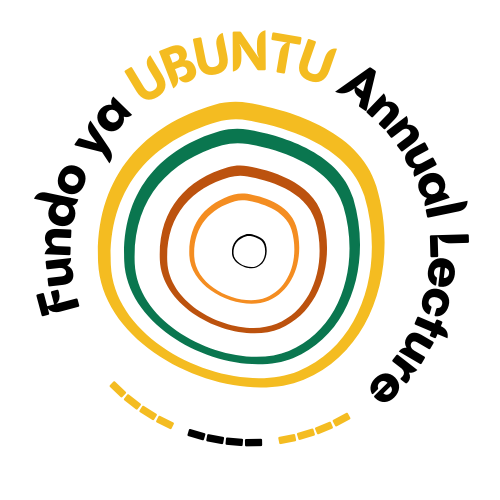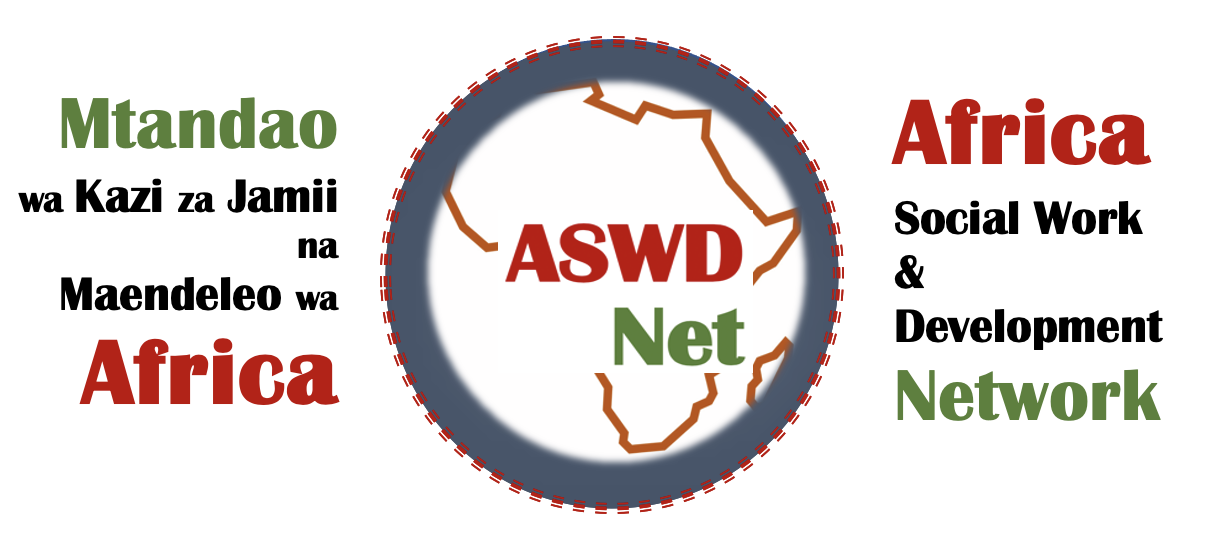John Samuel Mbiti (1931-2019)

“I am because WE are and, since we are, therefore I am.”
Mbiti, 1969
Professor John Samuel Mbiti was not a social worker but a philosopher, theologian, and pan-Africanist. He was born in Kitui, Kenya. He studied English, sociology and geography at University College of Makerere in Kampala, Uganda in 1953. He lectured religion and theology at Makerere University from 1964 to 1974. His main philosophical ideas are contained in a seminal book published in 1969 titled African Religions and Philosophy. This book contributes significantly to African philosophy and has several ideas that are relevant for social work including, but not limited to ubuntu, decolonisation, indigenisation, spirituality, religion, ethnicity, kinship, birth, child development, initiation, marriage, procreation, death, ethics, justice and identity.
Mbiti was an ordained priest, who led renowned world christian organisations.
Mbiti’s philosophy has two related dimensions, Africanism and The Philosophy of African Religion.
Africanism
This philosophy answers the question, What does it mean to be African? Mbiti (1969, p. 106) said “What happens to the individual happens to the whole group, and whatever happens to the whole group, community or country happens to the individual. People, country, environment and spirituality are intricately related. The individual can only say: ‘I am because we are; and since we are, therefore I am’.”
The Philosophy of African Religion
Mbiti is regarded as the father of modern African theology. His main idea is Africa has its own religion. He challenged the European view that Africa has no religion of its own, and the colonial and Christian view that African religious views are primitive, demonic and evil, and Africans are savages. He argued that African religion and religious views are just as legitimate and require respect as Christianity, Islam, Judaism, and Buddhism. He translated the New Testament from Greek into his mother tongue, Kamba. During the translation, he noted more than 1000 mistakes and misrepresentations that were in the westernised Kamba Bible. Promoted inclusion of African religions and philosophy within curriculum despite scepticism and opposition mainly from missionaries.
Mbiti said “Even though attempts are made to give Christianity an African character, its Western form is in many ways foreign to African peoples. This foreignness is a drawback because it means that Christianity is kept on the surface and is not free to deepen its influence in all areas of African life and problems.”
Strength
- Mbiti’s work was decolonial, he challenged colonial thinking.
- His work was based on field research in Africa with over 300 tribes
- Promoted orature, for example, proverbs, rituals, prayers and memories. Even though African philosophies were not written at the time, they existed in oral forms and practices. He collected and published over 300 African prayers
- His writing was based on his lectures at Makerere University in Uganda, making it relevant for Africa
- His seminal work was published in Africa, in Johannesburg
- He promoted indigenous languages.
- Challenged prejudice against the African cultural and religious heritage
Criticism
- More Christian focused and tried to Christianise African religious worldviews
- Okot p’Bitek, Uganda said Mbiti used western intellectual understanding of religion to interpret Africa’s view of God
- Married and settled in Switzerland, worked and died there, betraying his pan-Africanist ideology
- Professor Mbiti’s work exposed Africans to colonisers. For example, he publsihed information about African beliefs, and what could help make Africans more Christian or more Islamic. By criticising the methods of Christianity and Islam in Africa, he was actually providing colonialists and missionaries with tools to improve their methods. In that way, it could be said Professor Mbiti’s was was no different from those of anthropologists like Alfred R. Radcliffe-Brown, Bronisław K. Malinowski and Michael F C Bourdillon who studied Africans for the benefit of colonisers.
Works written
- Akamba stories (1966) Oxford: Oxford University Press
- African Religions and Philosophy (1969)
- Concepts of God in Africa (1970).
- Love and Marriage in Africa (1973).
- Introduction to African Religion (1975).
- African proverbs (1997) UNISA. Pretoria
- The prayers of African Religion (1975). London: SPCK




These cookies allows you to comment on posts and pages.